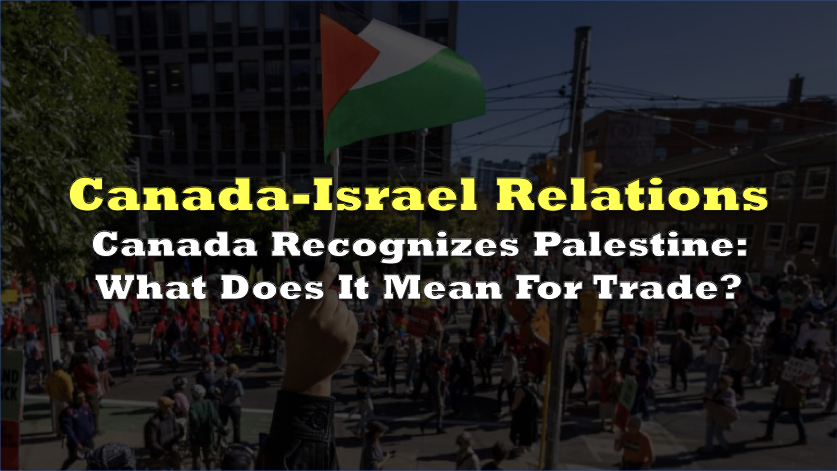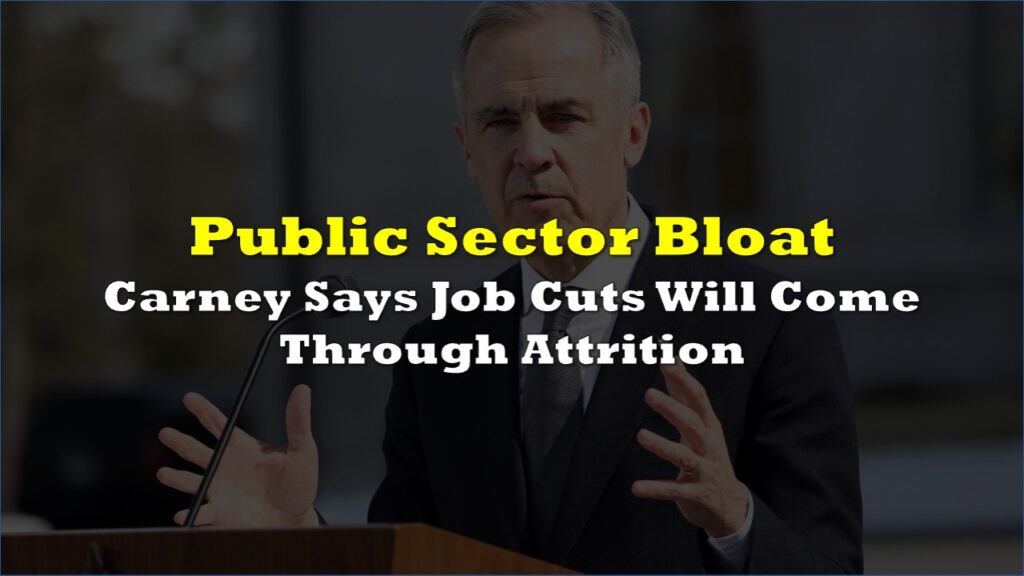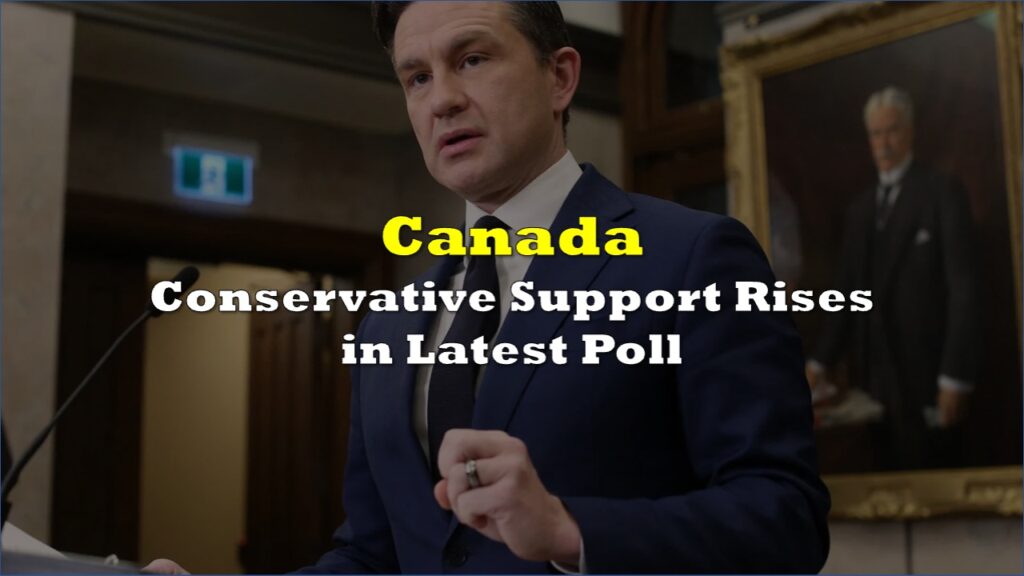Prime Minister Mark Carney announced that Canada is joining the UK, Australia, and Portugal in recognizing Palestine as state this past weekend.
The four nations, while traditionally close to Israel, have now joined more than 140 nations backing the Palestinians’ bid for an independent state drawn from the occupied territories.
Announcing Canada’s move, Carney said it is meant to strengthen voices for coexistence and to hasten the end of Hamas.
“Canada recognises the State of Palestine and offers our partnership in building the promise of a peaceful future for both the State of Palestine and the State of Israel,” he said, adding: “This in no way legitimises terrorism, nor is it any reward for it.”
Carney said the Palestinian Authority has given Canada “direct commitments” to reform its governance, hold 2026 general elections in which Hamas “can play no part,” and to pursue the demilitarisation of the Palestinian state.
Palestinian President Mahmoud Abbas said the step helps pave the way for the “State of Palestine to live side by side with the State of Israel in security, peace, and good neighbourliness.” Hamas welcomed the recognition but insisted it must be matched by “practical measures” to end the war in Gaza and prevent Israeli annexation in the West Bank.
Given the geopolitics at play, the decision puts into spotlight the roughly $1.3 billion of annual Canada–Israel goods flows, opening up the relations to possible compliance tightening and modifications in the Canada-Israel Free Trade Agreement.
Can Canada afford to lose Israel as a trade partner?
Yes, in macro terms—but some niche supply chains would feel it. The flow of goods between two states is roughly 0.12% of Canada’s total merchandise trade last year at $1.49 trillion. Foreign direct investment stocks are modest too, with $1.5 billion Canadian DI in Israel and $1.9 billion Israeli DI in Canada in 2023.
UN COMTRADE reports 2024 Canadian exports to Israel at around $332 million, topped by electrical & electronics (14.6%), oilseeds and grains (14.5%), and vehicles (12.1%).
Canada imported around $966 million of goods from Israel, topped by machinery (20.2%), medical devices (17.9%), and electrical & electronics (9.5%). This is followed by plastics (8.4%), pharmaceuticals (4.5%), and aircrafts (3.7%).
In 2024, Canada’s top Israel purchases were medical instruments (about $89.9 million), gas turbines (about $81.8 million), and LCDs (about $51.6 million). Together, those three lines made up roughly 23% of Canada’s Israel-origin goods imports.
For most categories, Canada has ready substitutes from the US, EU, and Asia, so the likely effect is supply-chain rerouting, re-qualification, and short delays, not sustained shortages. Depending on how the other countries would receive the Palestinian state recognition, the markets could tighten.
Meanwhile, under Canada’s long-standing approach, goods produced in Palestine already qualify for CIFTA preferences, independent of recognition. However, Palestinian trade baseline remains very small. Latest UN COMTRADE tallies show Palestinian exports to Canada amount to roughly $2.26 million in 2023.
Currently, export control posture to Israel stays tight. Canada paused new arms export permits to Israel in January 2024 and has kept the freeze in place. The government also stated in August 2025 that permits that could allow use in Gaza remain suspended.
Separately, Global Affairs’ latest annual reporting has been cited by outlets showing around $18.9 million in Canadian military goods shipped to Israel in 2024 under pre-existing permits.
Then, sanctions materially expanded under Special Economic Measures (Extremist Settler Violence) Regulations, culminating June 10, 2025 with sanctions naming Itamar Ben-Gvir and Bezalel Smotrich alongside earlier listings.
READ: Where Will Canada Side on the Iran-Israel War?
The reputational stakes are heightened by the last UN General Assembly vote in 2023—backed by 153 states—that demanded an immediate Gaza ceasefire. Canada abstained, a posture diplomats say undermines its 2027 Security Council bid.
Canada’s move lands just ahead of the UNGA high-level general debate, and any allied moves on labeling, settlement goods treatment, or additional listings would most plausibly be signalled this week.
Information for this story was found via the sources mentioned. The author has no securities or affiliations related to the organizations discussed. Not a recommendation to buy or sell. Always do additional research and consult a professional before purchasing a security. The author holds no licenses.









